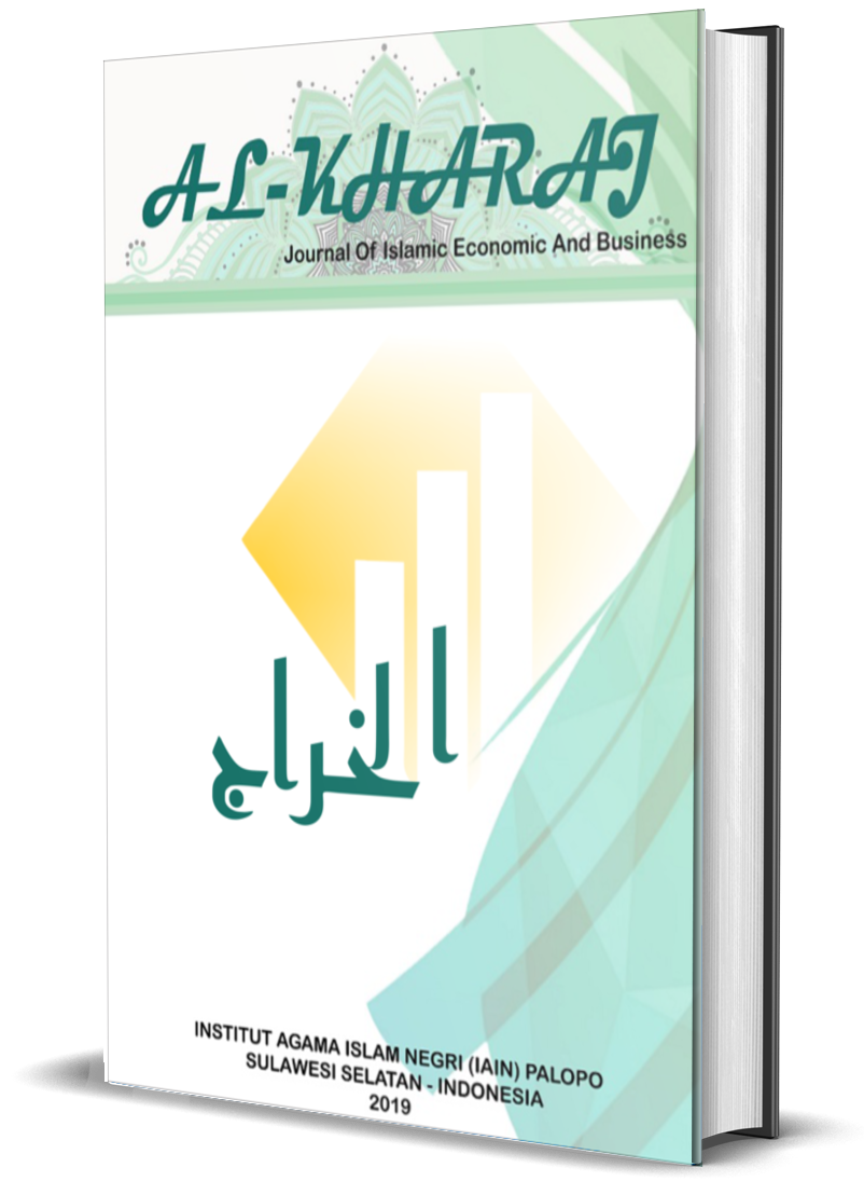Total Quality Management (Tqm) Analysis Of Zakat At The Muhammadiyah Zakat, Infak, And Shadaqah Institution (Lazismu) In West Java Region, 2021 Period
DOI:
https://doi.org/10.24256/kharaj.v7i4.8199Keywords:
Total Quality Management, Zakat, Maqāṣid al-Syarī'ah, Islamic Quality Management, LAZISMU West JavaAbstract
This study aims to analyze the implementation of Total Quality Management (TQM) in zakat management at the Muhammadiyah Zakat, Infaq, and Alms Institution (LAZISMU) in West Java, and its implications for improving service quality, muzakki trust, and the effectiveness of zakat fund utilization. The approach used is descriptive-qualitative with phenomenological analysis of primary and secondary data through documentation, observation, and interviews. The results show that the implementation of TQM at LAZISMU West Java includes three main aspects: strengthening the organizational management system, increasing the competence of amil resources, and digital-based service innovation. The principles of continuous improvement, customer focus, and employee involvement are applied contextually within the framework of sharia values, resulting in institutional governance that is accountable, professional, and oriented towards the welfare of the community.
In addition, the implementation of TQM integrated with maqāṣid al-syarī'ah strengthens the social function of zakat as an instrument of economic justice and community empowerment. This integration places the spiritual and moral dimensions as part of the institution's quality system, so that zakat management not only produces organizational efficiency, but also contributes significantly to the objectives of sharia in safeguarding wealth (ḥifẓ al-māl), soul (ḥifẓ al-nafs), and reason (ḥifẓ al-'aql). This study confirms that TQM in zakat institutions can be a sustainable Islamic quality management model to strengthen public trust and the socio-economic effectiveness of Islamic philanthropic institutions in Indonesia
References
Ahmad, M., & Basri, S. (2022). Islamic Total Quality Management: Integrating Maqasid al-Shariah into Organizational Excellence. Kuala Lumpur: IIUM Press.
National Zakat Agency (BAZNAS). (2022). Indonesian Zakat Literacy Index 2022. Jakarta: BAZNAS Strategic Studies Center.
National Zakat Agency (BAZNAS). (2023). National Zakat Management Performance Report 2023. Jakarta: BAZNAS RI.
Al-Darwish, M. (2022). Quality Assurance and Islamic Governance in Zakat Institutions. Journal of Islamic Management Studies, 14(3), 201–219.
Al-Sulami, H. (2019). Islamic Total Quality Management: Integrating Spiritual Values in Organizational Performance. International Journal of Islamic Economics, 11(2), 123–140.
Anwar, M., & Rahma, N. (2020). Service Quality and Trust in Islamic Philanthropy Institutions in Indonesia. Journal of Islamic Economic Perspectives, 8(1), 45–58.
Nasution, MA (2023). Digital Transformation in Islamic Social Finance Institutions: Evidence from Indonesia. Journal of Islamic Finance and Innovation, 5(2), 77–96.
Rahman, A., et al. (2021). Total Quality Management in Islamic Nonprofit Organizations: A Conceptual Review. Journal of Management and Islamic Ethics, 6(4), 301–320.
Rahman, F. (2022). Integrating Maqāṣid al-Syarī'ah into Islamic Organizational Management. Al-Iqtishad Journal of Islamic Economics, 14(1), 55–73.
Amina, F. (2018). Optimizing the Distribution and Utilization of Zakat Funds through the TQM Model in the Implementation of the SDGs Program at BAZNAS West Java. Bandung: BAZNAS Jabar Press.
Crosby, P. (1999). Quality is Free: The Art of Making Quality Certain. New York: McGraw-Hill.
Deming, WE (1986). Out of the Crisis. Cambridge: MIT Press.
Fauziyah, NE (2018). The Effect of Total Quality Management Implementation on the Efficiency of Zakat Distribution. Proceedings of Islamic Finance and Banking UNINUS Bandung.
Goetsch, DL, & Davis, SB (2014). Quality Management for Organizational Excellence: Introduction to Total Quality. Upper Saddle River: Pearson.
Hafidhuddin, D. (2021). Zakat in the Modern Economy. Jakarta: Gema Insani.
Juran, JM (1995). Juran on Quality by Design: The New Steps for Planning Quality into Goods and Services. New York: Free Press.
Ministry of Religious Affairs of the Republic of Indonesia. (2023). Data from National and Regional Zakat Management Institutions. Jakarta: Directorate General of Islamic Community Guidance.
Maharani, P. (2021). Implementation of Integrated Quality Management at the Muhammadiyah Zakat, Infak, and Shadaqah Institution (LAZISMU) Pekanbaru, Riau. Journal of STAI Diniyah Pekanbaru.
Salman, A. (2024). The Effect of TQM Implementation on Managerial Performance. Journal of Accounting FEBI UNINUS Bandung.
LAZISMU West Java Region. (2021). Annual Report of LAZISMU West Java Region. Bandung: LAZISMU Press.
Chapra, MU (2016). The Future of Economics: An Islamic Perspective. Leicester: Islamic Foundation.
Downloads
Published
How to Cite
Issue
Section
Citation Check
License
Copyright (c) 2025 Abdul Haris Suhadak, M. Sulaeman Jajuli

This work is licensed under a Creative Commons Attribution-ShareAlike 4.0 International License.
Authors retain copyright and grant the journal right of first publication with the work simultaneously licensed under a Creative Commons Attribution-ShareAlike 4.0 International License. In line with the license, authors are allowed to share and adapt the material. In addition, the material must be given appropriate credit, provided with a link to the license, and indicated if changes were made. If authors remix, transform or build upon the material, authors must distribute their contributions under the same license as the original.









